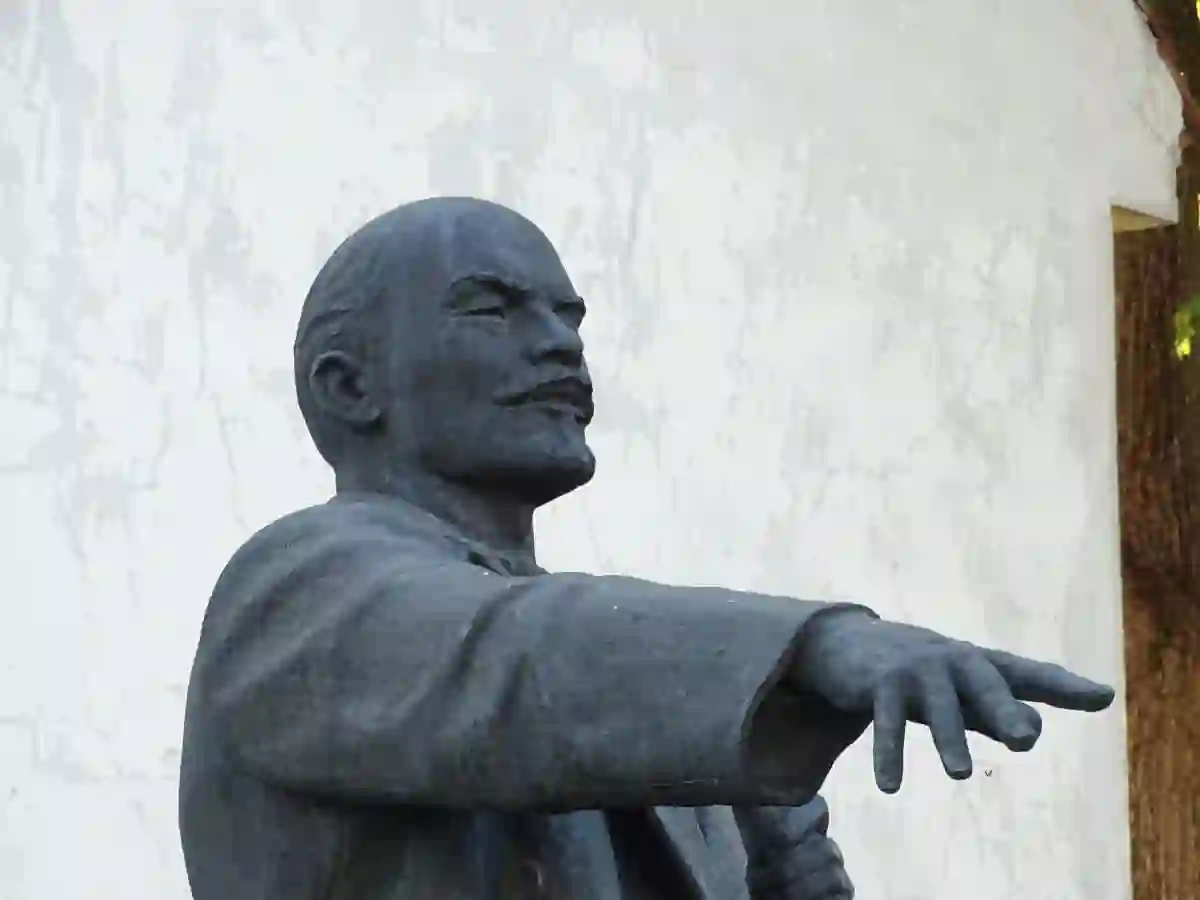After years of slowly removing Soviet-era symbols from public spaces, Ukraine has officially taken down its last remaining statue of Vladimir Lenin.
The symbolic moment unfolded in the small village of Rudkivtsi, marking a major milestone in the country’s ongoing campaign to break away from its communist past.
Local Officials Oversaw the Removal Quietly but Deliberately
The removal wasn’t some dramatic public spectacle.
Instead, it followed a formal request to local authorities.
According to Anatoliy Oleynyk, head of a nearby village called Novaya Ushytsia, the statue was dismantled by a municipal utility crew and taken into storage.
The Ukrainian civic group Decolonization.
Ukraine confirmed the action on its Telegram channel, noting it as the final step in a journey that has seen thousands of Soviet symbols cleared from public view.
Decommunization Campaign Reaches Its Final Chapter
This event wasn’t just a one-off. It’s the closing scene in a years-long “decommunization” campaign aimed at scrubbing Ukraine of relics tied to the Soviet Union.
From statues and street names to emblems and city symbols, Ukraine has removed or renamed thousands of items.
For many Ukrainians, these symbols are reminders of oppression and occupation, not nostalgia.
Taking down the final Lenin monument is as much about reclaiming identity as it is about rewriting the physical landscape.
Russia Isn’t Happy—and They’re Making That Clear
As expected, the move sparked backlash from Moscow.
Kremlin spokesperson Dmitry Peskov quickly weighed in, accusing Ukraine of leading Europe in what he called a “fight against monuments.”
He claimed this wave of statue removals is a dangerous attack on cultural heritage and suggested it reflects poorly on Ukraine’s current leadership.
“This struggle against cultural heritage cannot be seen in a positive light,” Peskov said, criticizing the demolition of what he views as historical symbols.
Former Ukrainian Officials Also Chime In with Criticism
It wasn’t just Russia with something to say. Oleg Soskin, a former adviser to ex-Ukrainian President Leonid Kuchma, took the moment to slam current officials in Kyiv.
He argued that Soviet leaders were more capable at governi
ng and described President Volodymyr Zelensky as “theatrical” and “provincial.”
His remarks echoed the broader tensions between those who still view the Soviet era with some admiration—and those determined to sever ties with it completely.
Putin Uses the Moment to Reflect on the Soviet Collapse
Adding more fuel to the fire, Russian President Vladimir Putin also commented recently on the larger historical context.
He claimed that the fall of the Soviet Union wasn’t about internal failure, but about a misguided attempt by Soviet elites to join the West—a move he believes backfired.
According to Putin, Europe never truly intended to include Russia or consider its interests after the collapse of the USSR.
A Monument Comes Down, but the Debate Marches On
The final removal of a Lenin statue in Ukraine may be physically small—a single figure taken from a rural village—but symbolically, it’s massive.
For Ukrainians, it represents the end of a long and often painful chapter.
For Russia and critics of Kyiv’s current path, it’s another sign of what they see as cultural erasure.
One thing’s clear: while the statue is gone, the conversation about history, identity, and legacy is far from over.
